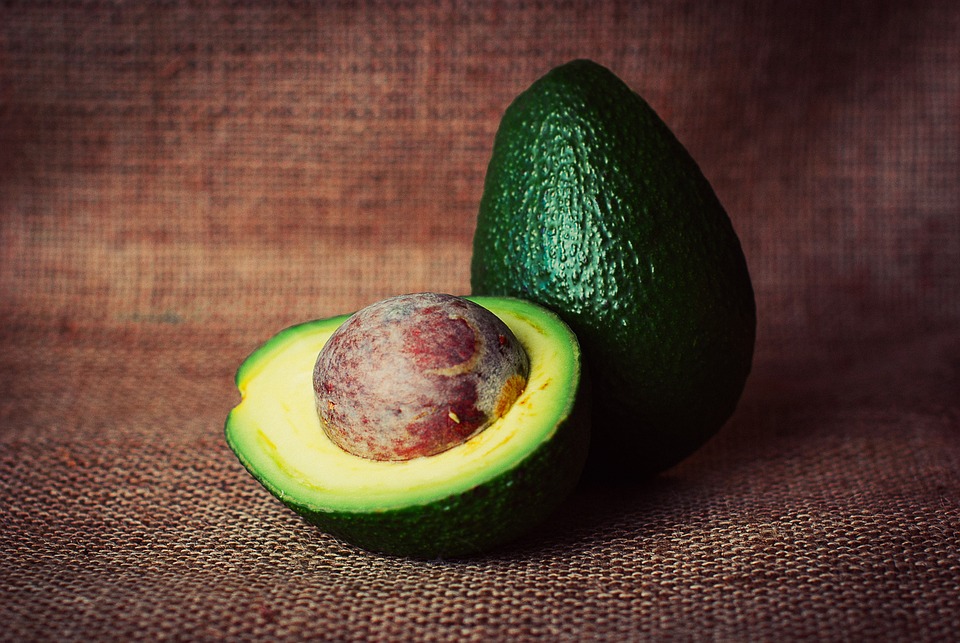
Grocery Store Navigation: A Shopping Guide for a Low-Carb Vegetarian Diet
Following a low-carb, plant-based diet can seem daunting, especially when it comes to navigating the grocery store aisles. However, with the right knowledge and planning, you can make the most of your shopping trip and ensure you stock up on nutritious, low-carb vegetarian options. In this guide, we’ll explore how to navigate the grocery store while following a low-carb, plant-based diet, providing you with valuable insights and practical tips to make your shopping experience a breeze.
Understanding a low-carb vegetarian diet
Before you dive into your trip to the grocery store, it’s important to understand the basics of a low-carb, plant-based diet. This diet typically focuses on consuming minimal carbohydrates with the majority of nutrients derived from plant sources. It emphasizes the consumption of vegetables, fruits, nuts, seeds, and healthy fats, while reducing the intake of high-carbohydrate foods such as grains, starchy vegetables, and processed sugars.
When navigating the grocery store for a low-carb vegan diet, it’s essential to prioritize foods that are nutrient-dense, low in carbs, and high in fiber and essential vitamins and minerals. Let’s explore the key areas of focus when shopping for low-carb plant-based food.
Focus on fresh, whole foods
One of the cornerstones of a low-carb vegan diet is an emphasis on fresh, whole foods. When you enter the grocery store, head straight to the produce section. Stock up on a variety of leafy greens and cruciferous vegetables such as broccoli, cauliflower, bell peppers, zucchini, cucumbers and avocados. These vegetables are low in carbohydrates and high in fiber, making them an essential part of a low-carb vegetarian diet.
- Fresh leafy greens
- Cruciferous vegetables
- Pepper
- zucchini
- option
- avocado
Include plant proteins
Protein is an essential component of a plant-based diet, and it is important to incorporate plant-based protein sources into your meals. Look at the grocery store for tofu, tempeh, seitan, and a variety of vegetables such as lentils, chickpeas, and black beans. Not only are these ingredients high in protein, they are also low in carbohydrates, making them ideal for a low-carb vegetarian diet.
- Tofu
- Tempeh
- Seitan
- lentil
- hummus
- Black beans
Choose healthy fats
Healthy fats play a crucial role in a low-carb vegan diet, providing satiety and essential nutrients. When shopping, choose healthy fat sources such as avocados, nuts, seeds and olive oil. These ingredients can be used in salads, stir-fries and snacks, adding flavor and nutritional value to your meals.
- avocado
- Nuts and seeds
- olive oil
- Coconut Oil
Avoid processed and refined foods
Processed and refined foods are often high in carbohydrates and low in nutritional value, making them unsuitable for a low-carb vegetarian diet. When navigating the grocery store, stay away from items like sugary snacks, white bread, pasta, and packaged sweets. Instead, focus on whole, unprocessed foods that will support your nutritional needs and keep your carbohydrate intake under control.
Check food labels
When shopping for low-carb plant-based food items, it is essential to check food labels for carbohydrate content. Look for foods labeled “low-carb” or “high-fiber” to ensure you’re making the best choices for your diet. Additionally, pay attention to hidden sugars and additives in packaged products, as they can contribute to carbohydrate intake without providing significant nutritional value.
Plan your meals in advance
Before heading to the grocery store, take some time to plan your meals for the upcoming week. This will help you create a shopping list and make sure you have all the ingredients you need for your low-carb vegan recipes. Consider including a mix of colorful vegetables, plant-based proteins and healthy fats to create balanced, satisfying meals.
summary
Navigating the grocery store on a low-carb, plant-based diet may seem stressful at first, but with the right approach, it can be a smooth and rewarding experience. By focusing on fresh, whole foods, incorporating plant-based proteins, choosing healthy fats, avoiding processed and refined foods, checking nutritional labels, and planning your meals in advance, you can successfully stock up on nutritious, low-carb vegetarian options. Remember, the key to success is making informed choices and prioritizing nutrient-dense ingredients that match your nutritional preferences and goals. With these tips in mind, you’ll be well-equipped to navigate the grocery store with confidence and maintain a healthy, low-carb vegan lifestyle.

0 Comments